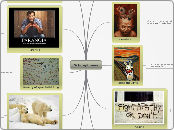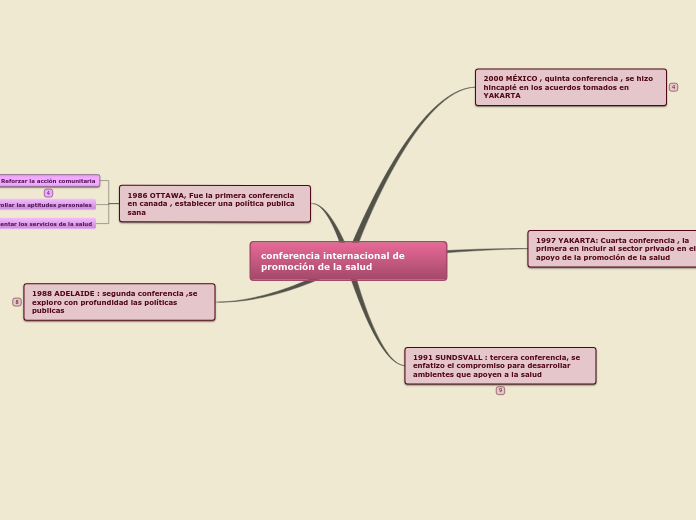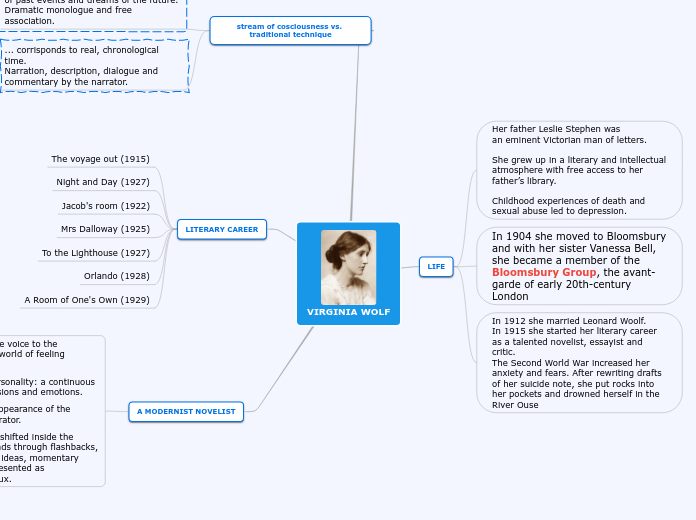Piaget
Schema Theory (Lvl3)
Definition
A network of knowledge that gives us expectations of how the world works
Weaknesses
Does not explain the formation of schemas
The theory is vague and underdeveloped
Strengths
Explains various cognitive processes
Supports the theory that memory is reconstructive
Brewer & Treyens (1981)
Items that would normally be in an office were easily recalled, but objects less common in an office were not remembered. Some participants falsley recalled seeing somehting in the office that might normally be there, but was not.
Method
Participants were asked to wait in an office for 35 seconds. After they left, they were asked to recall what they had seen in the office
To investigate how an individual's schemas affect their memory of office items
Bartlett (1932)
Particioants changed the story and adapted it to fit into their schemas. This demonstrated that cognitive memory is affected by what we already know.
Vocabulary that was unfamiliar to the non-natives was changed to something they could more easily recall (e.g. canoe to boat)
After recalling the story many times, the story had been significantly shortened
Participants were asked to read a Native American folk story. They were then asked to recall the story at various intervals of time after having read it.
Participants
English males that did not know Native American folklore
Repeated measures
To investigate the effects of an individual's schema on recall
Purpose of schemas
Allows us to predict how people will react and what to expect
Simplifies our understanding of our surroundings
Facilitates our ability to freely recall information
Organizes knowledge into subcategories
Anderson & Pitchert (1978)
Evaluation
The results of the experiment indicate that schema processing must have some effect at retrieval as well as at encoding, because the new schema could only have influenced recall at the retrieval stage.
Results
Participants in the changed schema group recalled 7% more points on the second recall test compared to the first.
Procedure
Half of the participants were instructed to read the story as burglars, the other half as prospective buyers. Participants were distracted for 17 minutes adn then either changed perspective or kept the same one.
Participants were given one schema at the retrieval stage and another at the encoding stage.
Participants were initailly told a story about two boys who skip school and go to one of their houses because it is empty on Thursdays. The house was isolated and under-kept. The story contained 72 memory points.
Design
Independent groups
Aim
To investigate whether or not shemas affect both encoding and retrieval
Rumblehart & Norman (1983)
Schemas are not constant and are constantly changing and adapting
Accomodation
When new information is added to old schemas so the information is rearranged
Assimilation
The use of a previously generated schema in a new situation and context
Schemas are often generalizations and may contain many stereotypes about what a person sees
Schemas can mesh together and may interlink to form one great big mindmap of information
Possible slots in schemas
May not be constantly filled
May contain generalizations
May be filled with unchangeable information









